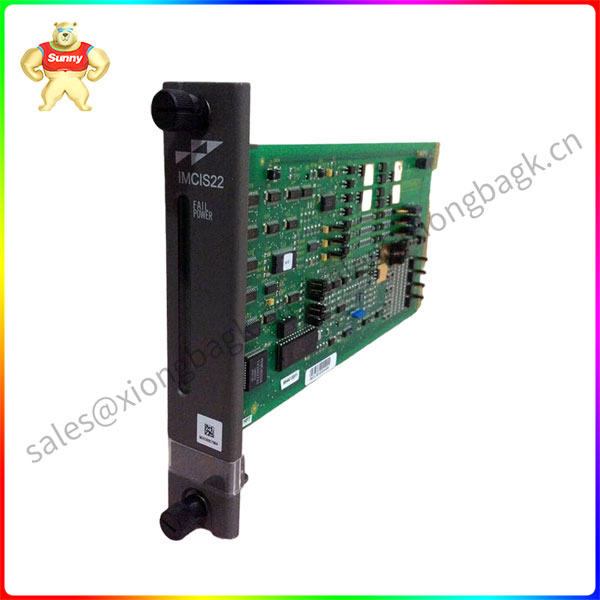The rapid development of artificial intelligence (AI) technology is knocking on the door of change in various industries with surging innovation momentum. At the same time, the energy transformation, which has attracted much attention in the context of the “dual carbon” goal, is also changing with each passing day enabled by digital technology. Benefiting from more comprehensive and accurate data measurement and collection means, energy data is increasingly rich and perfect, which makes enterprises have an important decision-making basis for energy conservation, emission reduction, and consumption reduction, and also strengthens the data foundation for the application of artificial intelligence in energy transformation.
IMCIS22 So, what is the role of artificial intelligence in the energy transition? Schneider Electric, a global expert in digital transformation in the field of energy management and automation, looks forward to the development of this innovative direction.
With three arrows, artificial intelligence accelerates the energy transition
As a leader in digital transformation for a long time, Schneider Electric has been paying close attention to the positive role of emerging technologies such as AI in the energy transformation process. At the World Artificial Intelligence Conference 2024, Zhang Lei, Vice President of Schneider Electric, head of Digital Innovation Business in China, and head of Software R&D Center of Schneider Electric (China), said: “At present, AI has become an important driver for developing new quality productivity and promoting energy transition, and plays an important role in reducing carbon emissions, optimizing energy demand and improving operational efficiency.”

Zhang Lei, vice president of Schneider Electric, head of Digital innovation business in China and head of Software Research and Development Center of Schneider Electric (China), accepts an interview with the media at the World Artificial Intelligence Conference
First of all, in terms of reducing carbon emissions, artificial intelligence can optimize the operation process of energy-intensive industries such as industrial manufacturing, buildings, and transportation to achieve energy saving and carbon reduction effects. For example, the utility of a heating company can effectively predict heating demand by using Schneider Electric’s district energy system with AI loads, thereby optimizing energy use, reducing operating and maintenance costs, and effectively reducing carbon emissions.
IMCIS22 Secondly, in terms of energy demand optimization, artificial intelligence can ensure the efficiency of energy use by optimizing the management of microgrids and electric vehicle charging stations, and skillfully avoid peak demand periods. In this regard, Schneider Electric’s AI algorithms continuously analyze data from generators, EV charging stations, batteries, backup generators, HVAC systems, lighting systems, uninterruptible power systems, combined power and heating systems, and efficiency metering to dynamically optimize energy supply and demand.
Finally, in terms of improving operational efficiency, AI can help organizations with data analysis, predictive maintenance, and process optimization to reduce failures and significantly improve equipment performance and energy efficiency. For example, Schneider Electric uses artificial intelligence algorithms to find the rules in the production process of enterprises, which can find the optimal solution of the global equipment combination and parameters in the production process under the premise of meeting production safety, and then help enterprises achieve energy saving and consumption reduction and efficiency improvement.
 中文版
中文版




